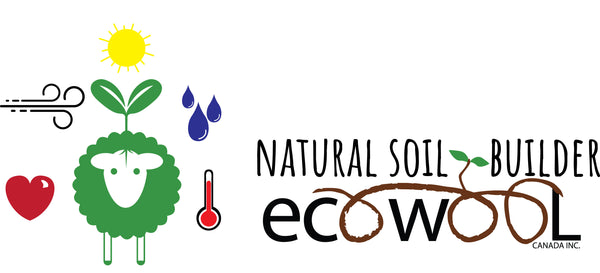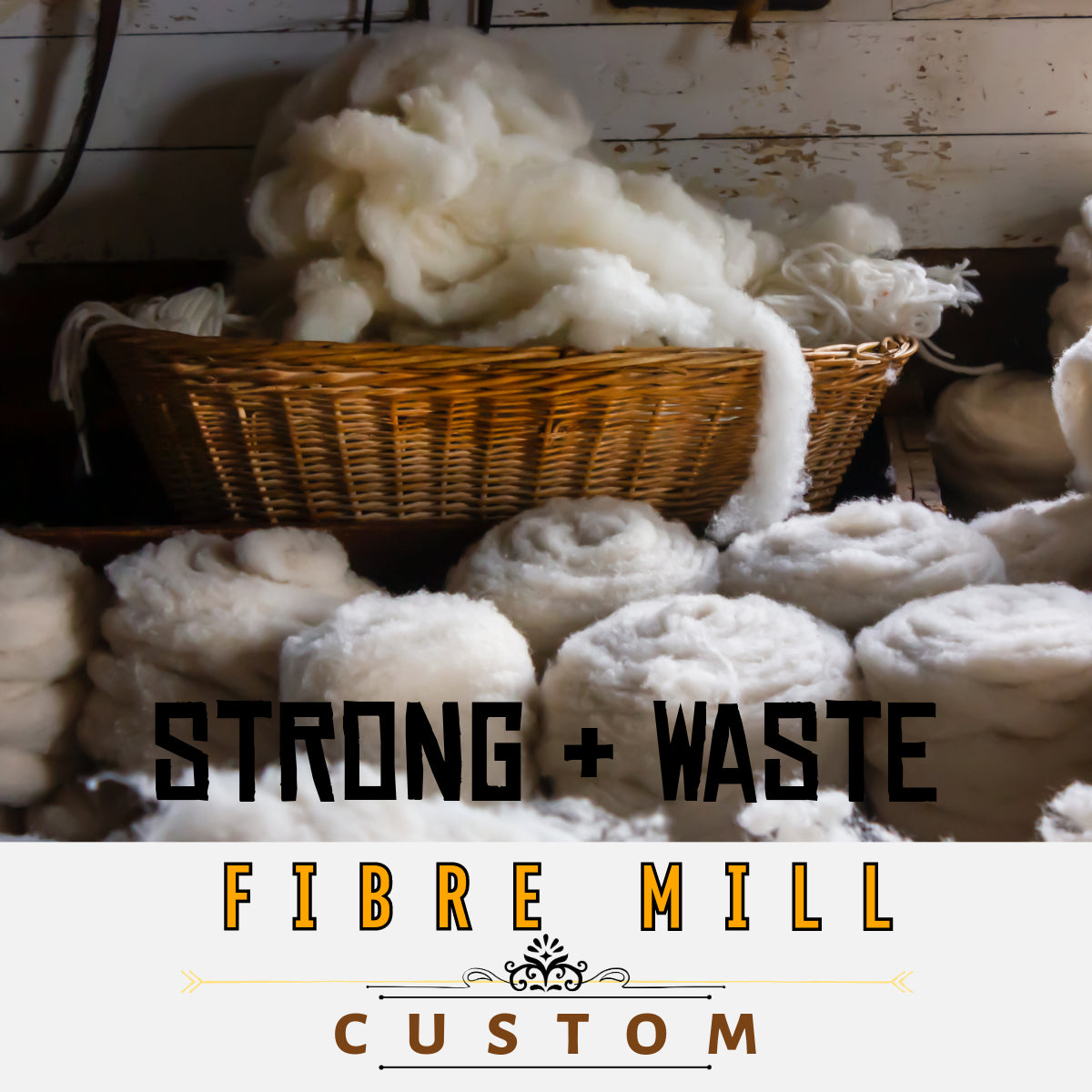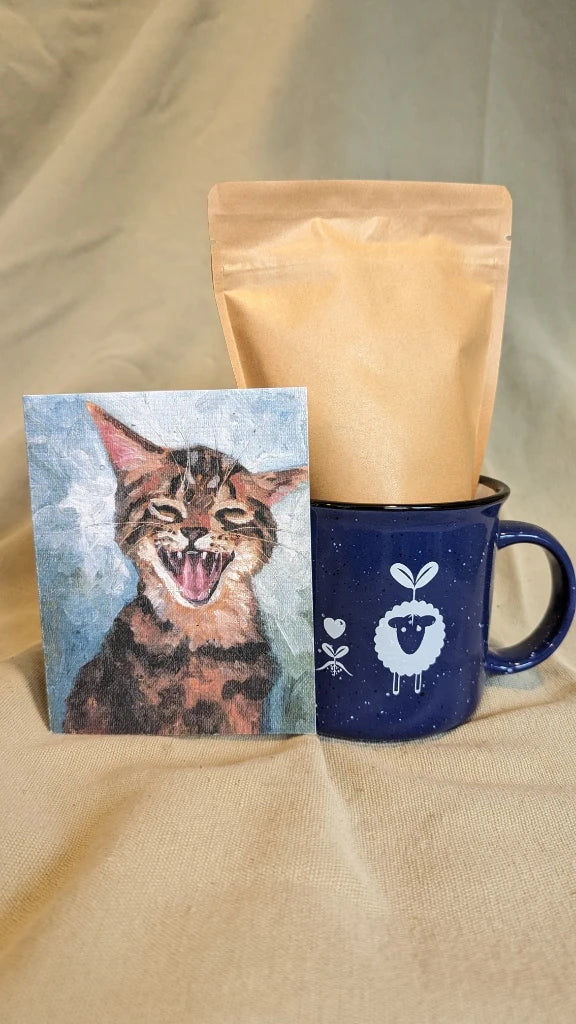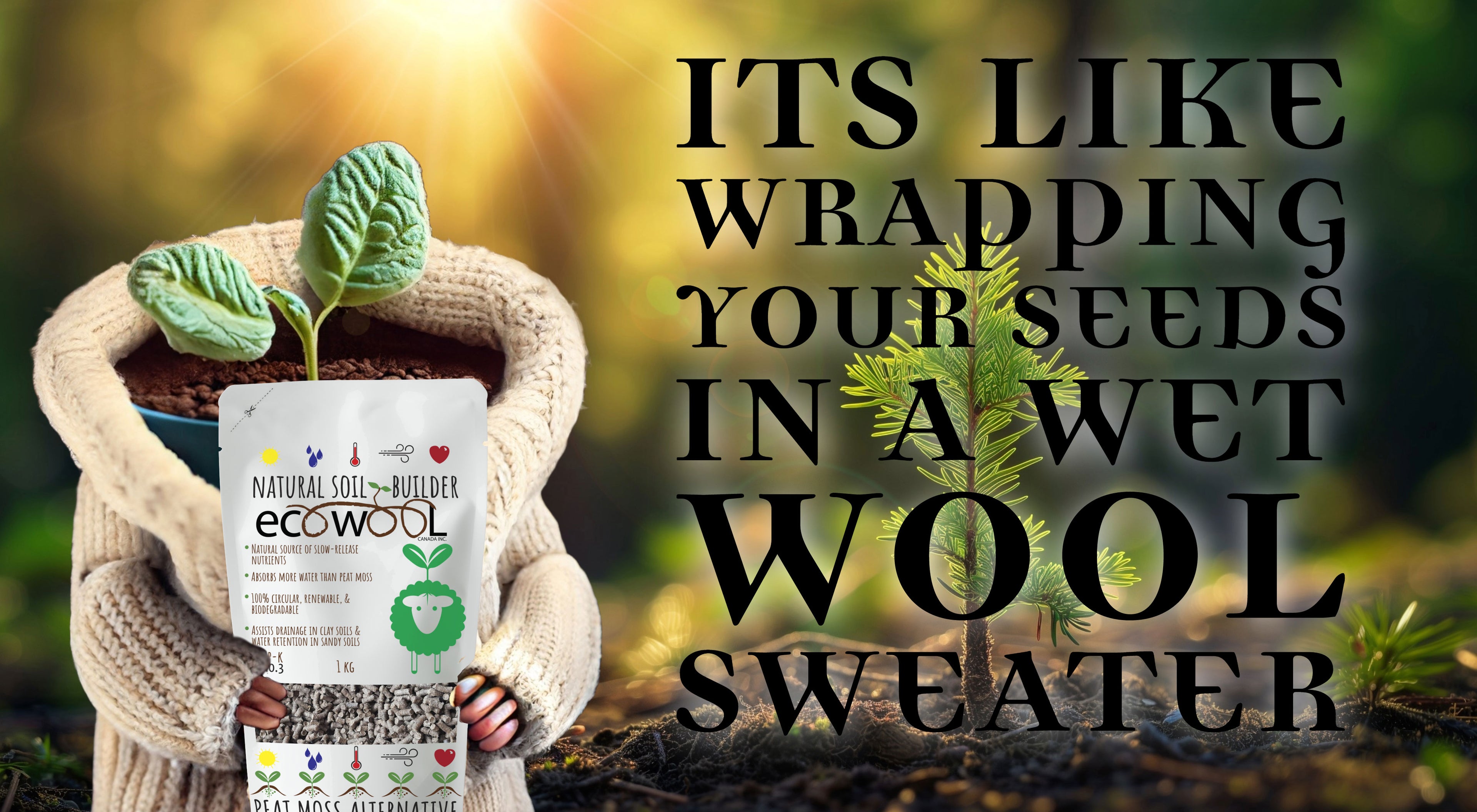
Collections
View all-
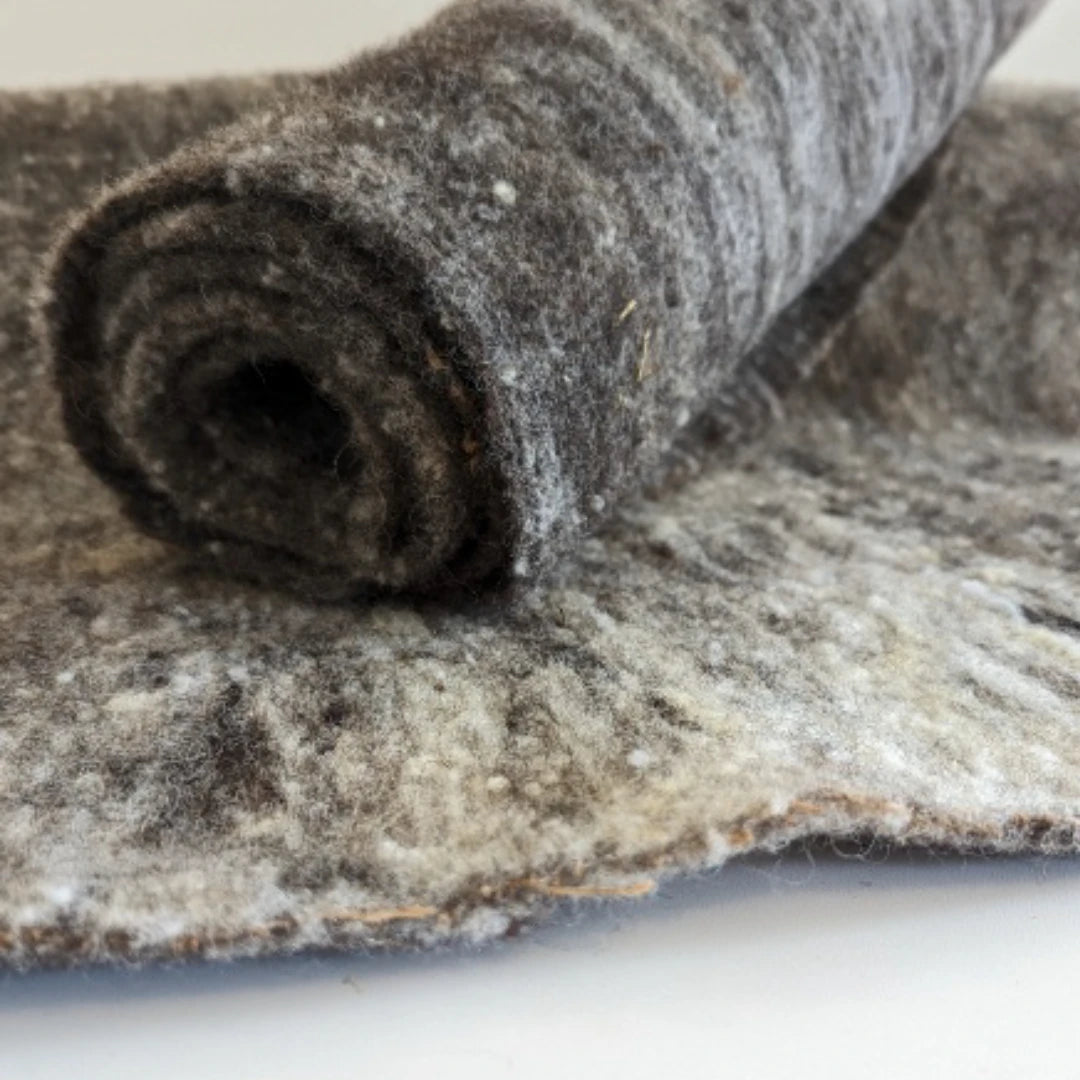
Garden Felt
An environmentally friendly alternative to landscape farbric
-
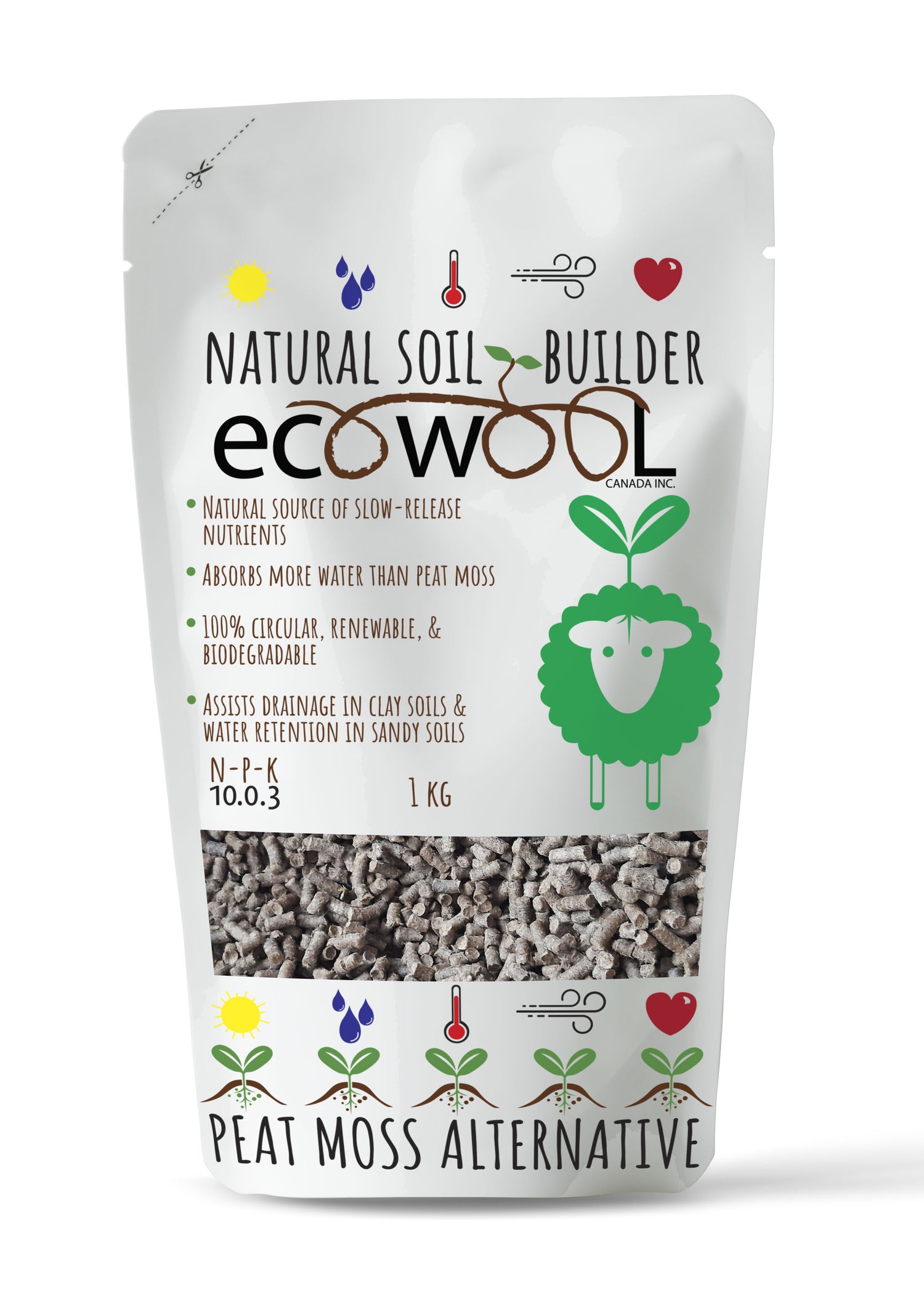
EcoWool Pellets
Wool is an amazing addition to your garden, potted plants, and vegetable...
-
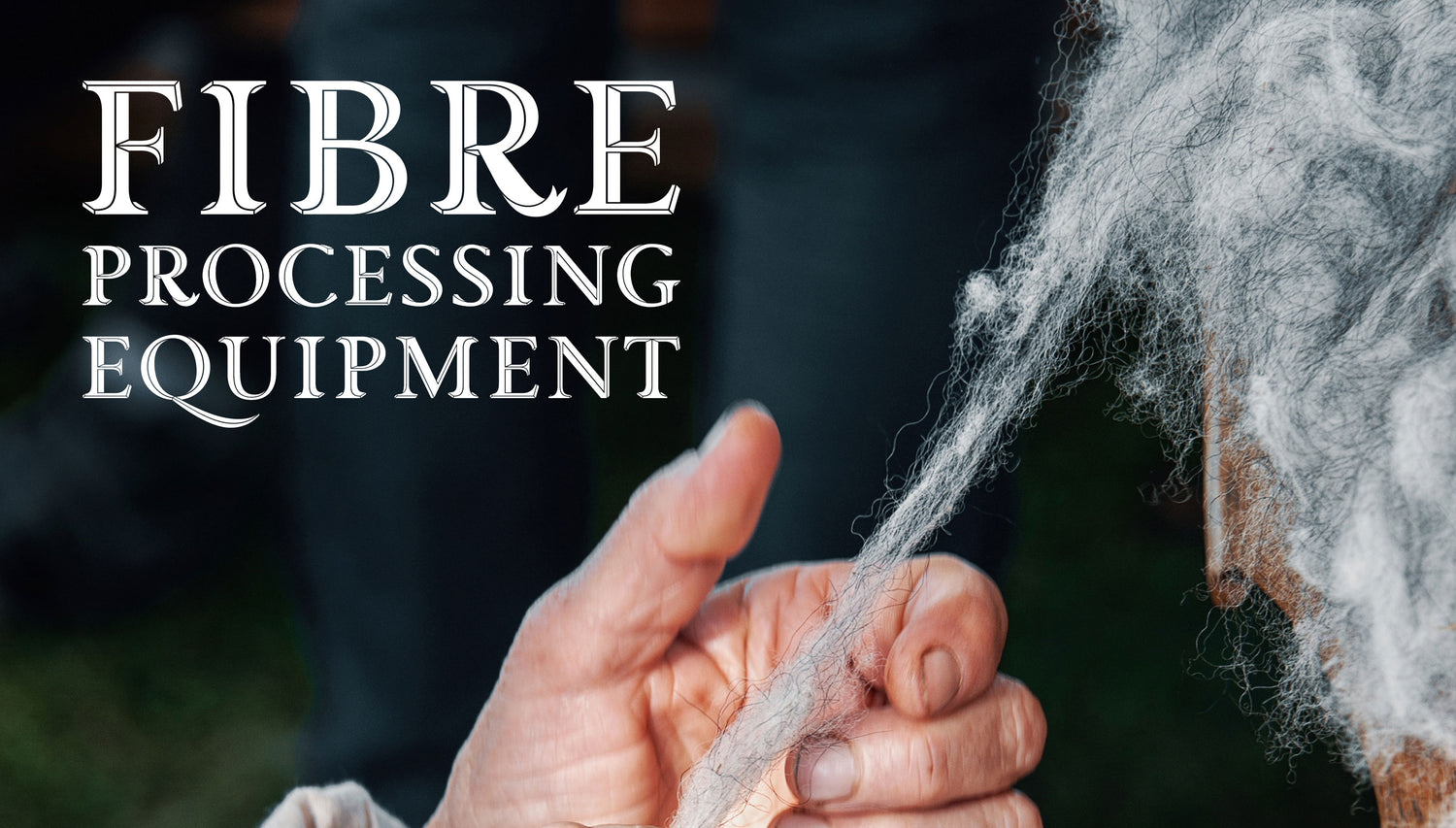
Fibre Processing Equipment
EcoWool is proud to be retailing high-quality fibre processing tools. Brother Drum...
-
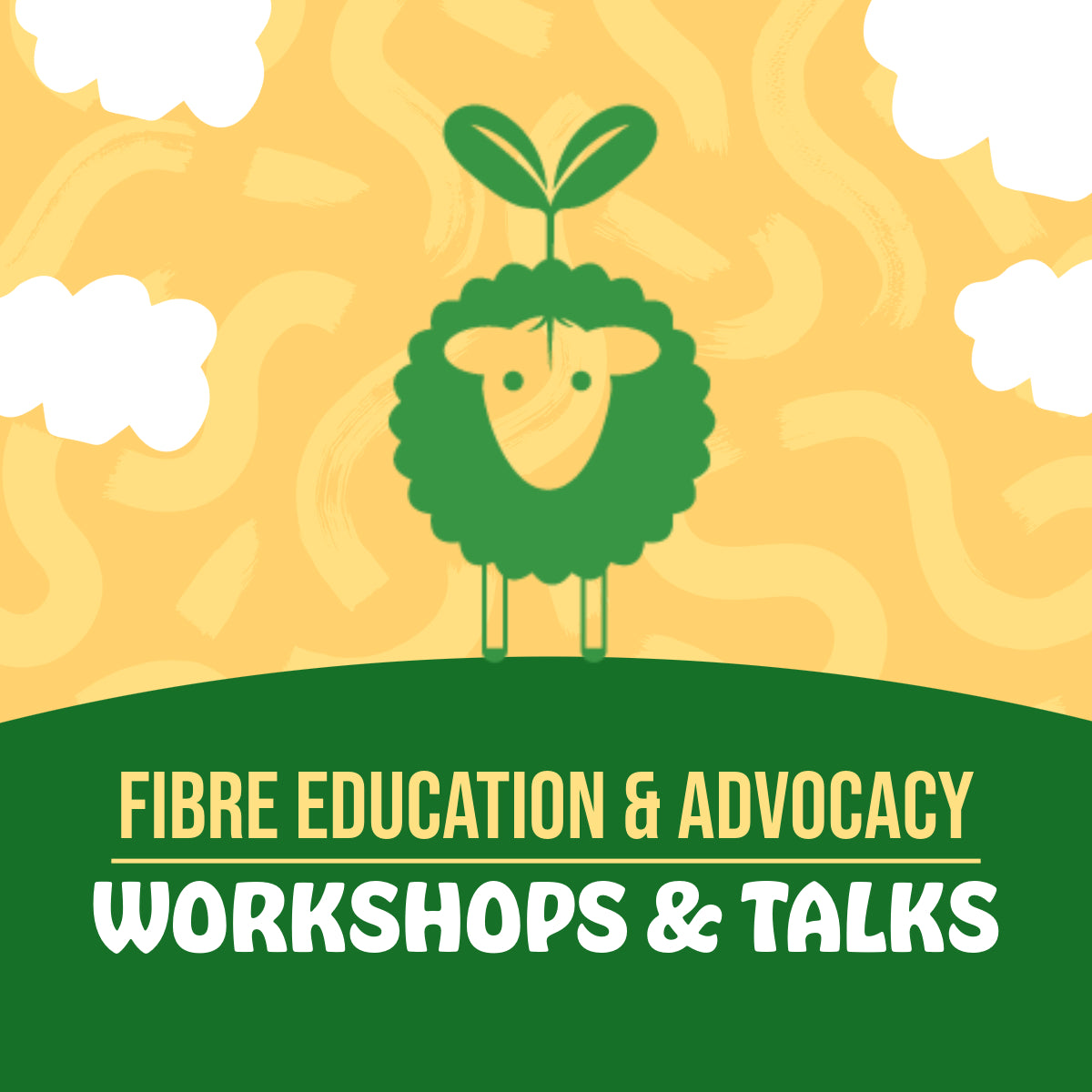
Speaking, Workshops, and Education
Wool isn't just about knitting. Did you know that it can be...
-
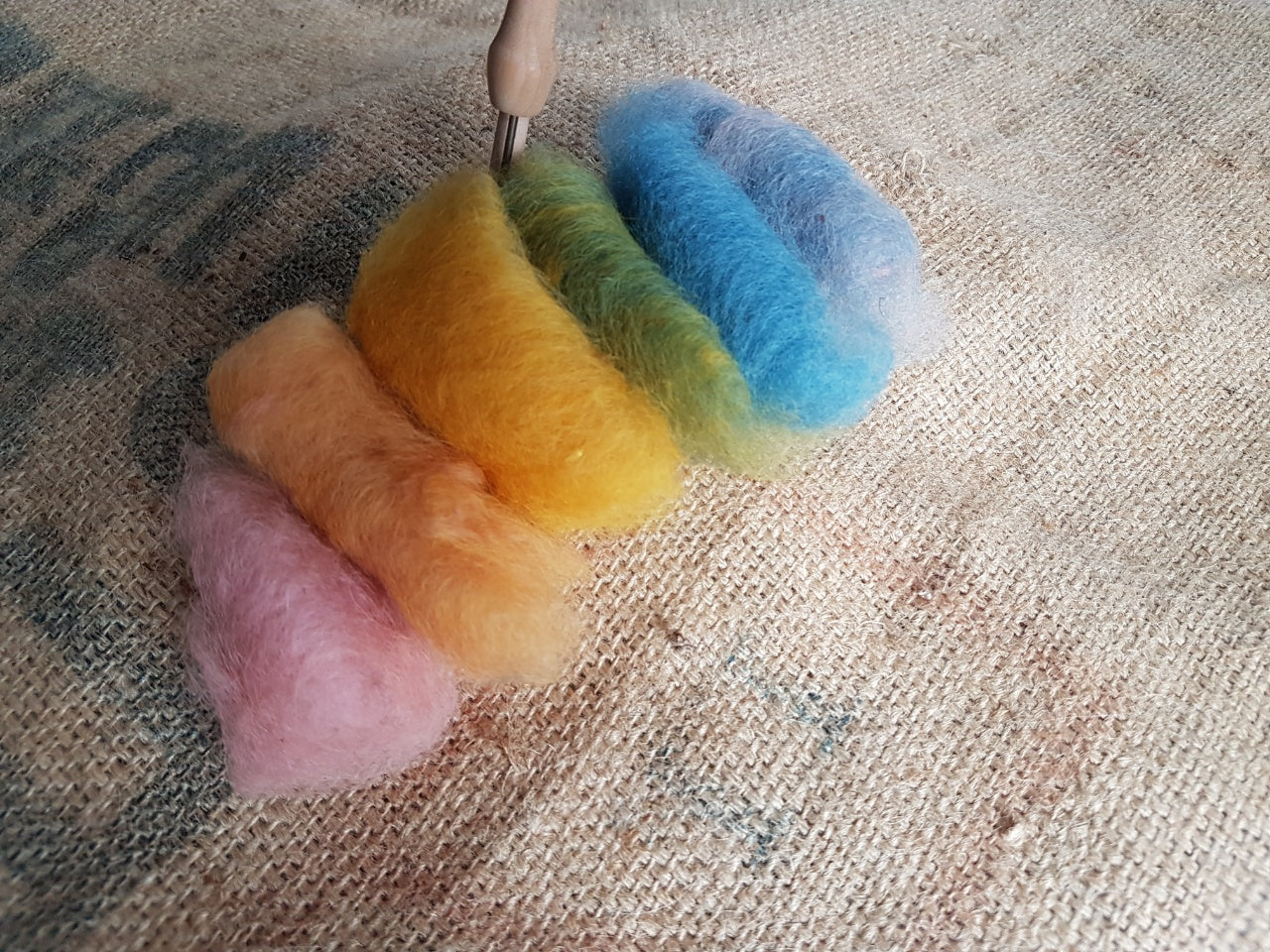
Wool for Making
Felting wool is a unique material. Not all wool is equal. The...
The carbon impact of peat moss
Story of the 5%
Peatlands make up only 5% of the land in the world and take up to 10,000 years to form as they grow only 1 mm a year. They are natural water filters and barriers to flooding and fire. When left alone, peatlands sequester 370,000,000,000 kg of C02 a year, more carbon annually than all other vegetation in the world - including rainforests. When disturbed by harvesting, human development, and drained for agriculture, peatlands off-gass carbon for 30-40 years, creating a bigger problem.
Help EcoWool divert more waste wool from being burned, dumped, or landfilled
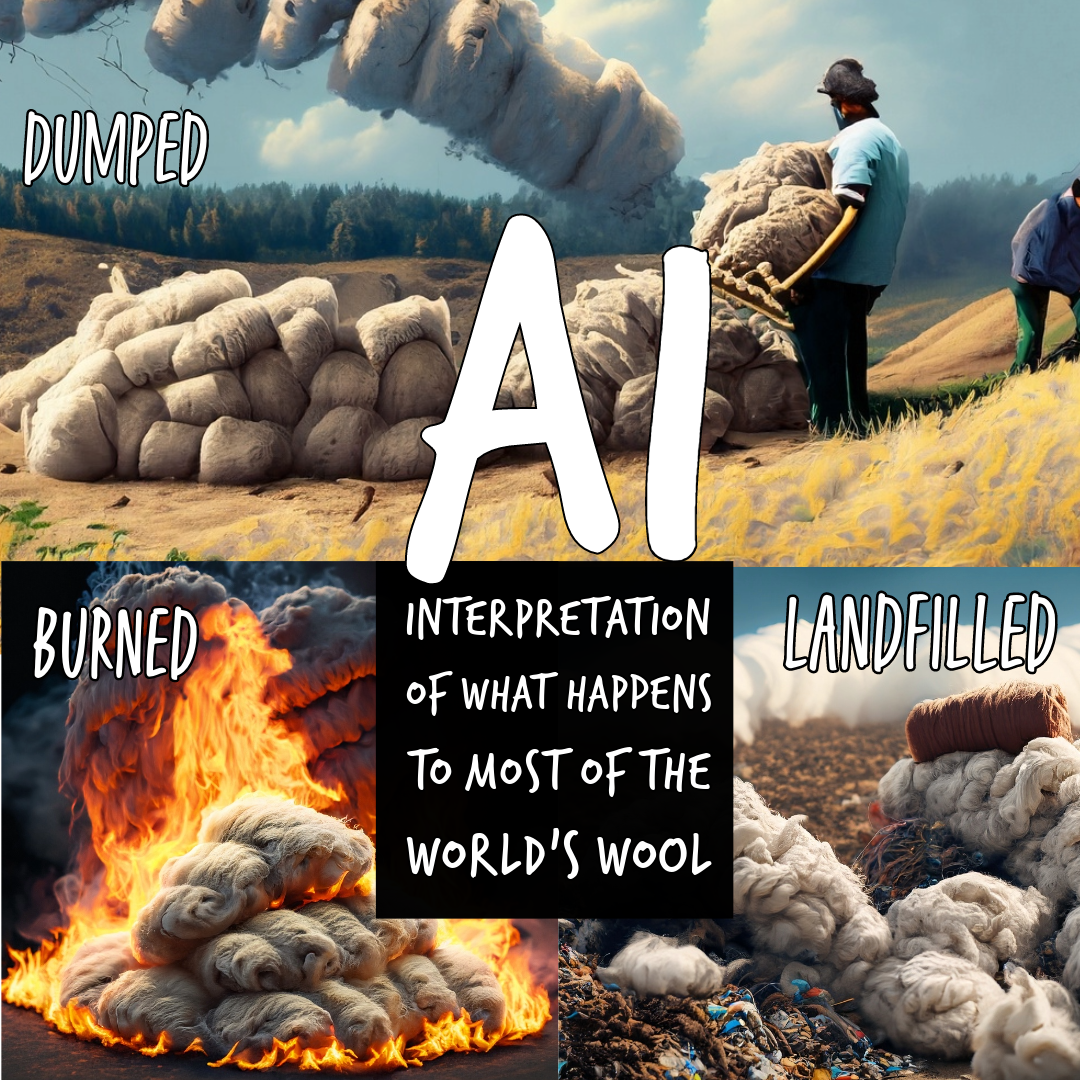
Learn about the picture...
CLICK HERE TO DONATE - with perks!
Wool reduces the need to use plastics. Plastic is energy and resource intensive and doesn’t truly break down but becomes microplastics that can be found throughout the world including in our blood, Arctic ice cores, and the deepest depths of the ocean.
Currently Canada produces approximately 1200 tonnes of wool. Most of Canada's wool is above 29 microns which is considered coarse and has a very high vegetable matter content making it difficult to process. Canada's lack of processing means this kind of wool is not utilized in any form.
Historically wool was used in many forms beyond yarn. Today innovative uses for wool is being explored across the globe. Let's make Canada a part of that innovation!
EcoWool Canada Inc. buys wool from local farmers in a way that reduces the labour on the farm's end. Our processing system can manage any kind of dry wool, no matter the quality.
